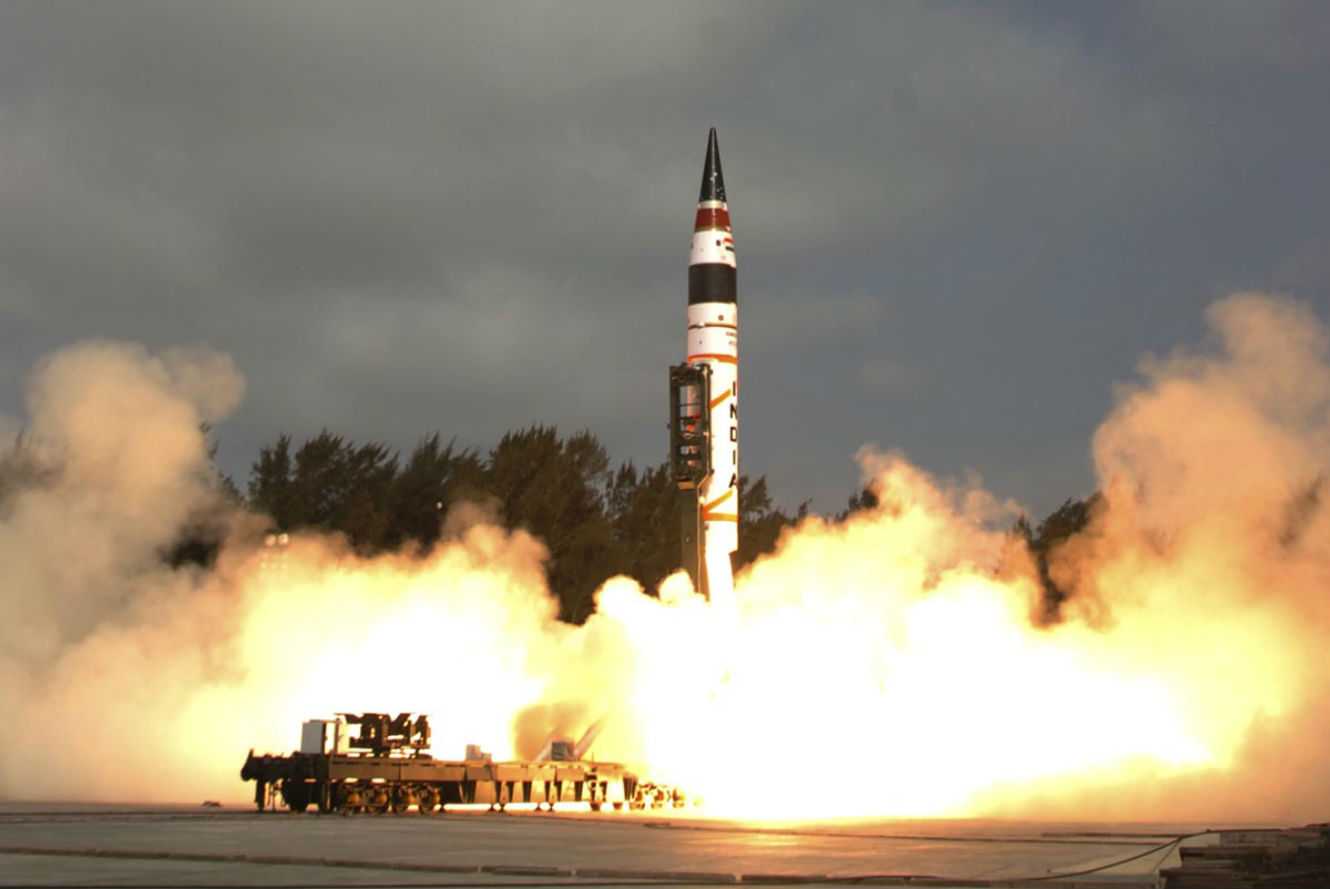
Time For Review Of ‘No First Use’ Nuclear Policy

Since the launch of nuclear strikes by the USA on the cities of Hiroshima and Nagasaki on 06 Aug 1945 and 09 Aug 1945 in Japan resulting in unprecedented destruction, every country has been aspiring to possess these nuclear weapons. Before the Non Proliferation Treaty (NPT) was adopted in 1970, five countries in the world had achieved nuclear status. These countries are USA (since 19 July 1945 and has close to 5428 nuclear weapons), Russia (Since 29 Aug 1949 and has close to 5977 nuclear weapons), United Kingdom (since 03 Oct 1952 and has close to 225 nuclear weapons, France (since 13 Feb 1960 and has close to 290 nuclear weapons) and China (since 16 Oct 1964 and has close to 350 nuclear weapons. These five countries are also permanent members of the United Nations Security Council (UNSC) with veto powers. The veto powers give them immunity for all their actions as they are able to checkmate any action against them even if they are aggressors and are working against the laid down international conventions. In addition to safeguarding their own interests, these countries address the concerns of their allies as well from time to time.
India realised the importance of nuclear capability very early, in fact so much so that the research started as early as in 1944 when Homi Jehangir Bhabha established Tata Institute of Fundamental Research (TIFR) in Mumbai. The effort gained momentum after debacle in 1962 war with China and China becoming a nuclear power in Oct 1964. The Chinese attempted another misadventure in 1967 in Sikkim. India gave a befitting reply resulting in huge losses on Chinese side but India also renewed its effort from 1967 resulted in India being able to detonate a nuclear device on 18 May 1974 in Pokharan and became a nuclear power though outside the NPT regime. India had a chance to declare itself a nuclear power prior to NPT based on the advances made but it chose to delay it for expanding the capability which it succeeded and undertook explosions of fusion based devices on 11 May 1998 and 13 May 1998. India is the first country to become nuclear power after five permanent security members. Pakistan was trying hard to become a nuclear power and it resorted to unfair and unethical practices but succeeded in nuclear explosion in response to Indian explosions on 28 May 1998 and possesses close to 165 nuclear weapons as against similar numbers said to be held by India.
North Korea has also gone nuclear since 09 Oct 2006 having close to 20 nuclear weapons. Israel maintains an ambiguous state but could be having close to 90 nuclear weapons. What is more important is the India’s nuclear policy which must fit in the national threat spectrum as in addition to India itself, both of its adversarial neighbours, Pakistan and China also possess nuclear weapons.
Having exploded the nuclear devices in May 1998, India declared a self-imposed moratorium on further nuclear testing but did not sign the Comprehensive Test Ban Treaty (CTBT). It continues to honour this declaration till date. India has been able to maintain its capabilities under laboratory conditions and has not felt any need for further nuclear testing. However, post 1998 testing, India also adopted “No First Use” (NFU) policy. A closer analysis reveals that India has lost its strategic edge by declaring NFU more so in context with China. A brief contextual analysis has been covered below in the context of Pakistan and China confirming the need of re-examination of this NFU policy. Our previous Defence Ministers and current Defence Minister also indicate the willingness to review this policy if there is a national need. It is the right time to review the policy now as against the knee jerk reaction in future.
Pakistan. When countries declare NFU and follow these, the conflict is conducted through conventional forces. The edge in such a case is always retained by the country having a more potent military force. In the context of India and Pakistan, India has much superior conventional force. Had both Pakistan and India would have declared NFU, it was automatically ‘advantage India’ but Pakistan has not adopted NFU despite India doing so. In fact, Pakistan always uses its nuclear capability to deter India and advocates early use of such resources should its core interests be affected. It is due to this reason probably in Kargil operations of 1999, Pakistan managed to thwart Indian offensive despite being an aggressor wherein India just got back its own territory sacrificing more than 500 soldiers as against lesser loss of life on the Pakistani side. The world took a note led by the USA to intervene to prevent the possibility of a nuclear conflict. In case, India continues to have NFU policy, it will always be ‘Advantage Pakistan’ and therefore a calibration is needed.
China. China became nuclear as early as in 1964. It also has the declared policy of NFU. The main adversaries of China are non-nuclear states except India. It has already mended its fence with Russia and has entered a phase of ‘no limits’ friendship with Russia. Status of NFU therefore is ‘advantage China’ as it has the stronger force as compared to its current day adversaries including India. The deterrent value of nuclear weapons with India stands negated due to India adopting NFU policy. While its second-strike strongest reaction policy may localise the conflicts / limit the conflicts but it can’t avoid them which is happening on the Line of Actual control (LAC) in Eastern Ladakh. China is utilising the policy of salami slicing and has nearly succeeded in diverting Indian attention from development to conflict management resulting in large scale deployment of troops and equipment in high altitude areas (HAA). India therefore needs to review its policy of NFU without any further delay.
In case India has to preserve its national interests, it needs to have a fresh look at its nuclear policy. Even NATO countries don’t have NFU policy. Some of the recommendations for consideration are as under:
- A comprehensive nuclear policy needs to be unveiled. If it is not intended to be documented for strategic ambiguity, it can continue as hither to fore but there is no need to advocate NFU any longer.
- Pakistan’s non adoption of NFU and China’s adoption of NFU both are ‘Disadvantage India’ as India’s superior forces with Pakistan cannot be optimally utilised and it will suffer the impact of currently superior Chinese armed forces at this point of time.
- NFU should be either done away with or should be modified to be followed only against non-nuclear states. If this modification is used/implemented, the deterrent value of Pakistan’s nuclear arsenal will be diminished and the Indian nuclear capability will act as a deterrent against China. Once adopted only against non-nuclear states in form of NFU, Indian novelty of statecraft will be maintained. This modification will be a ‘win-win’ solution.
It has been more than two decades since India talked of NFU and adopted this. The changing geo-politics, Chinese expansionist agenda and deep collusivity between China and Pakistan are good enough reasons for change in our nuclear policy specially when India as well as its both adversarial neighbours are armed with nuclear weapons.
Disclaimer
The opinions expressed in this article are the author’s own and do not reflect the views of Chanakya Forum. All information provided in this article including timeliness, completeness, accuracy, suitability or validity of information referenced therein, is the sole responsibility of the author. www.chanakyaforum.com does not assume any responsibility for the same.
Chanakya Forum is now on . Click here to join our channel (@ChanakyaForum) and stay updated with the latest headlines and articles.
Important
We work round the clock to bring you the finest articles and updates from around the world. There is a team that works tirelessly to ensure that you have a seamless reading experience. But all this costs money. Please support us so that we keep doing what we do best. Happy Reading
Support Us



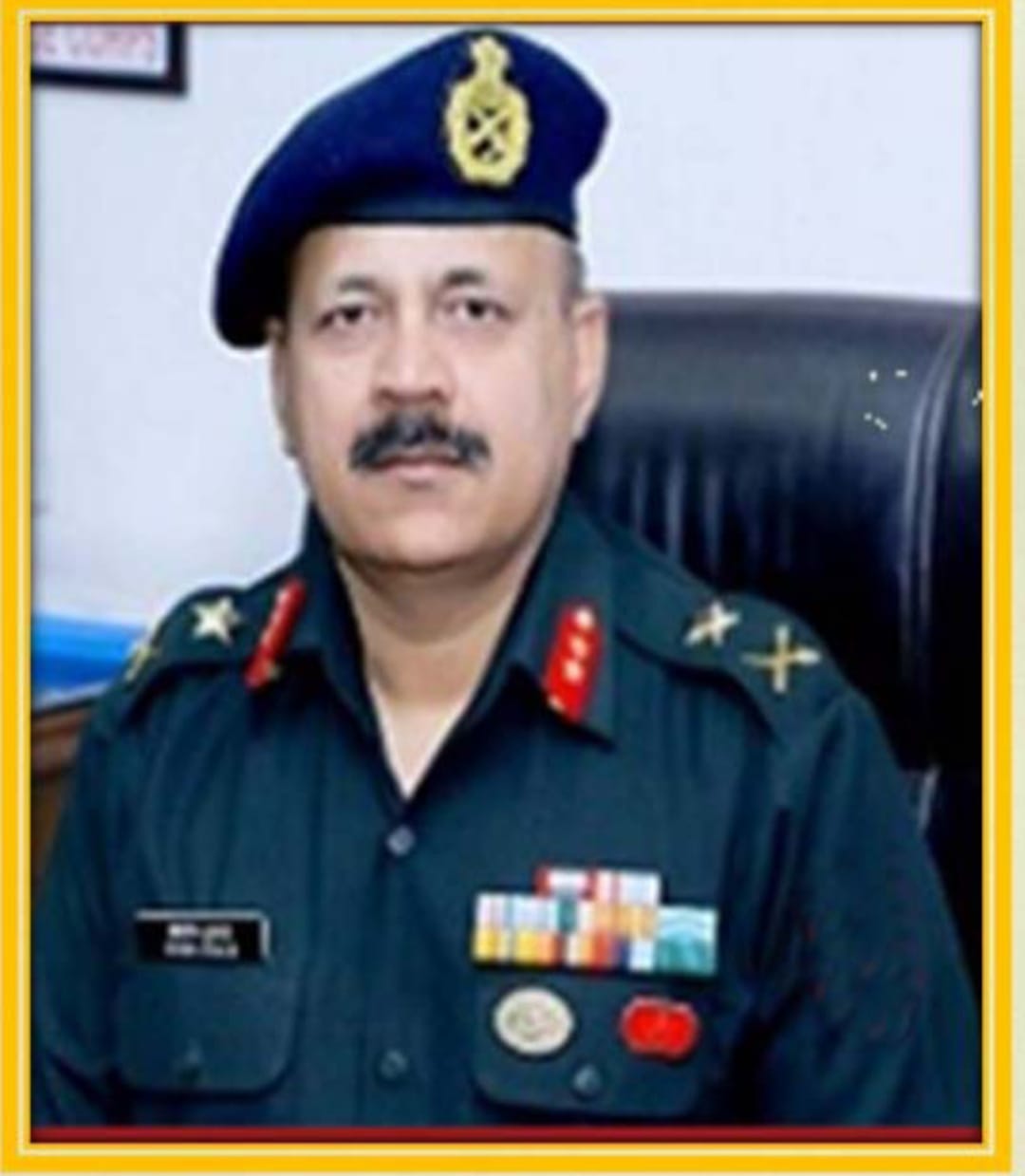


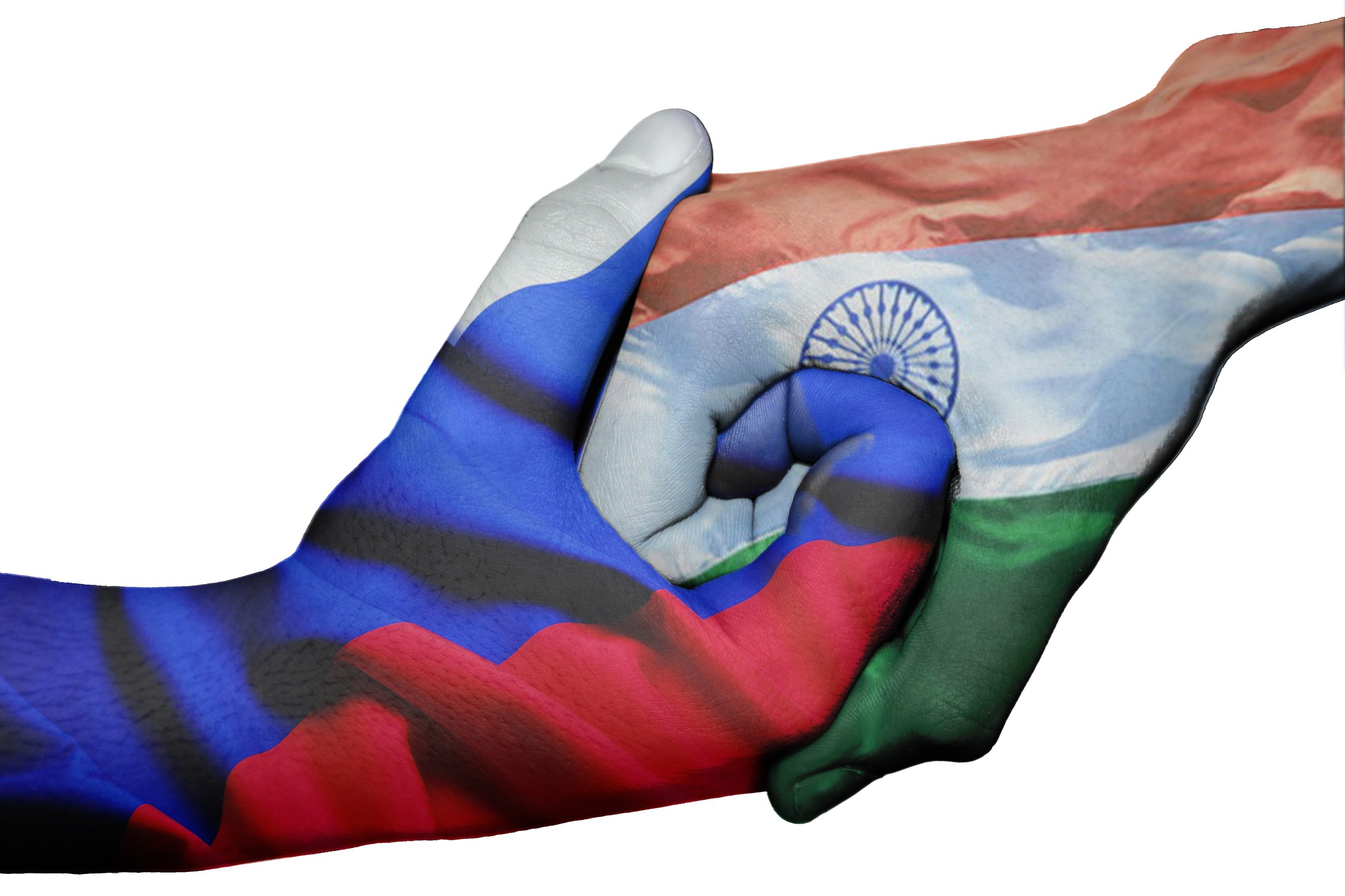
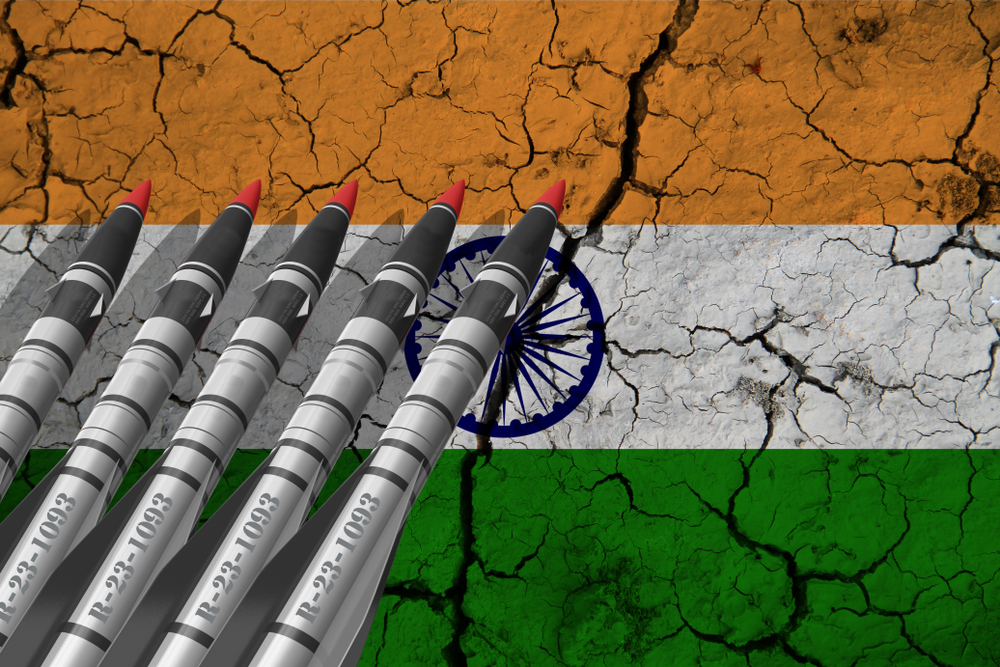

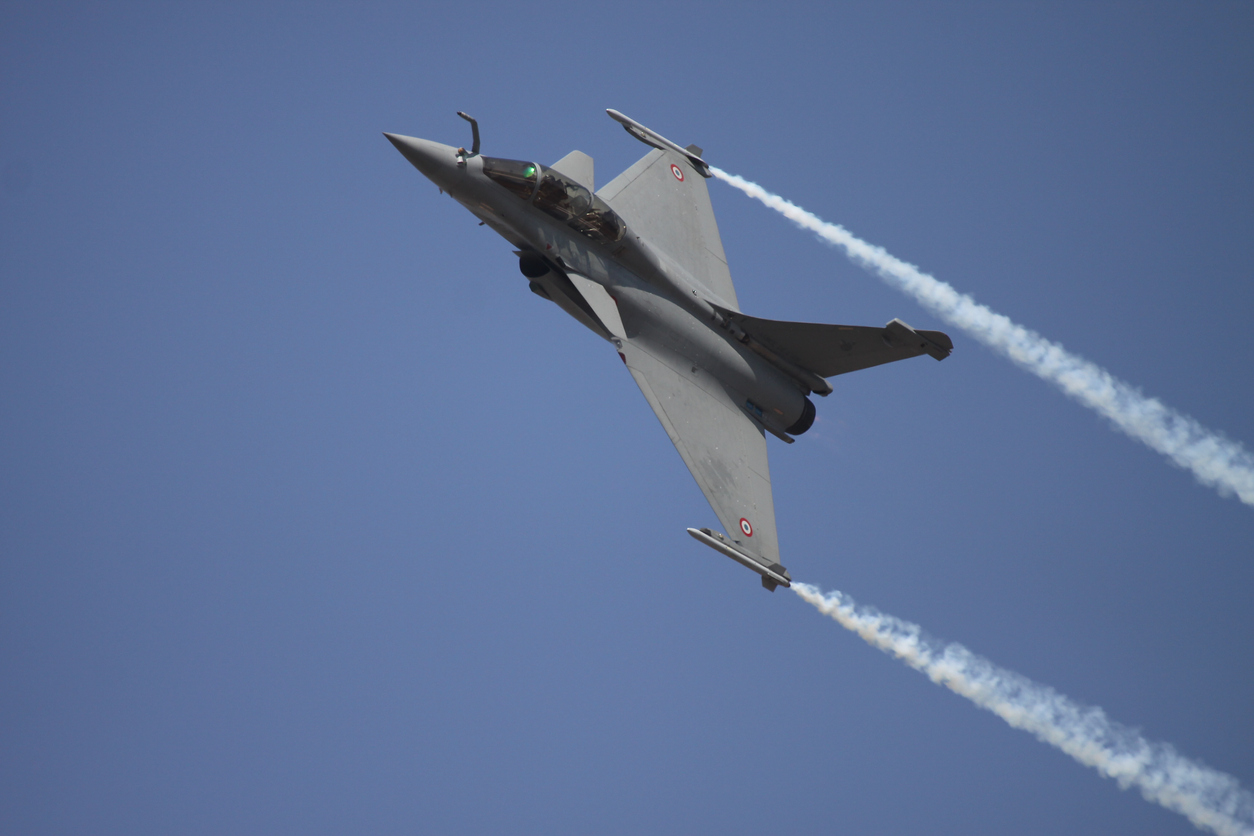
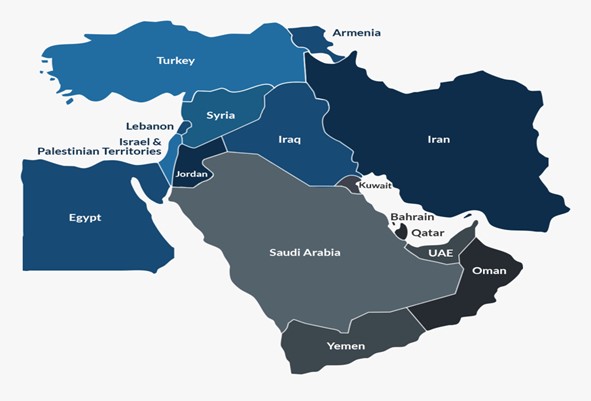

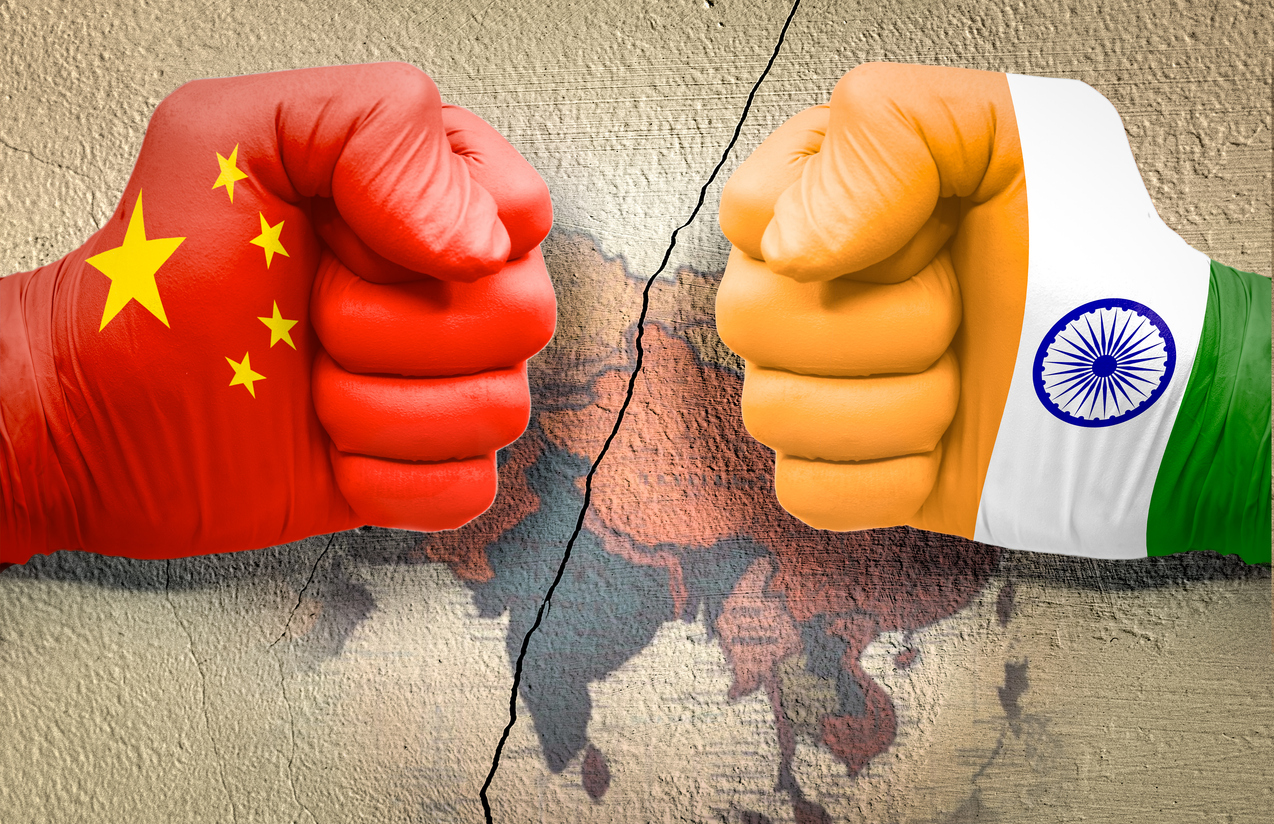

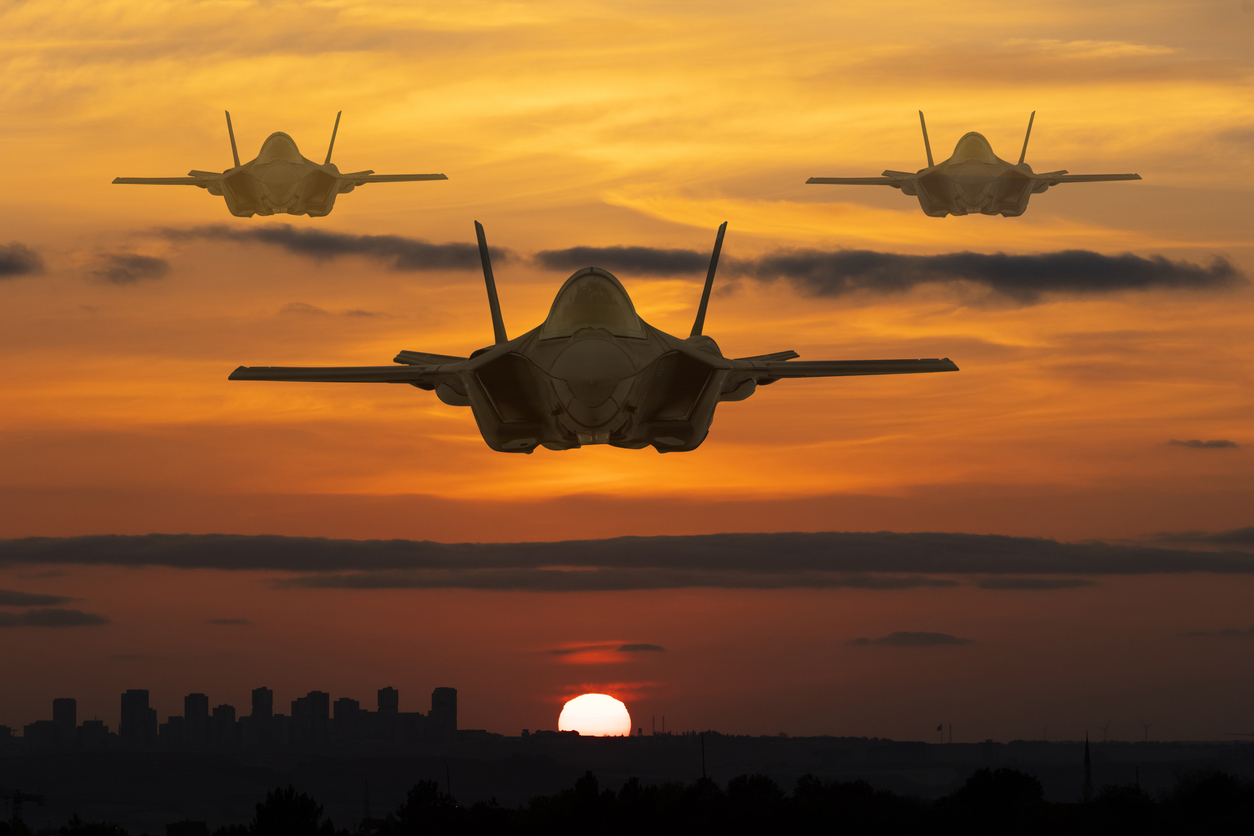






POST COMMENTS (1)
Shyam Kumar Sharma